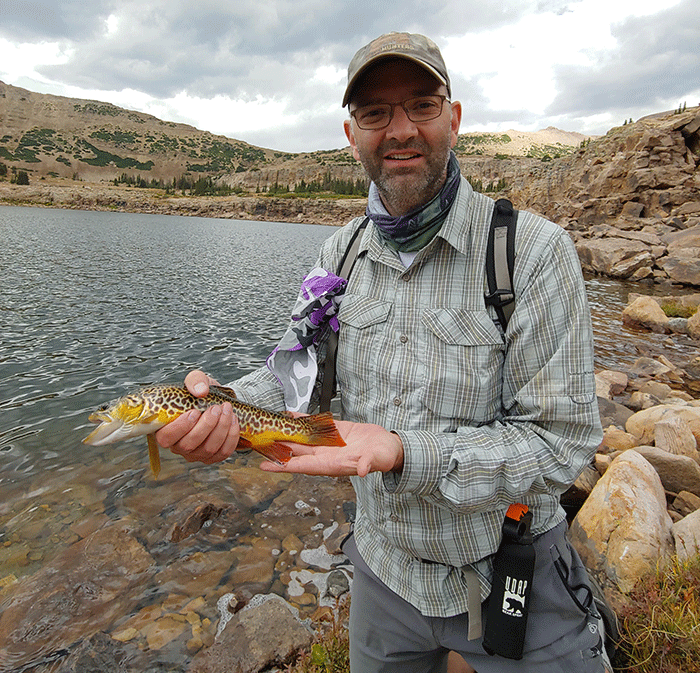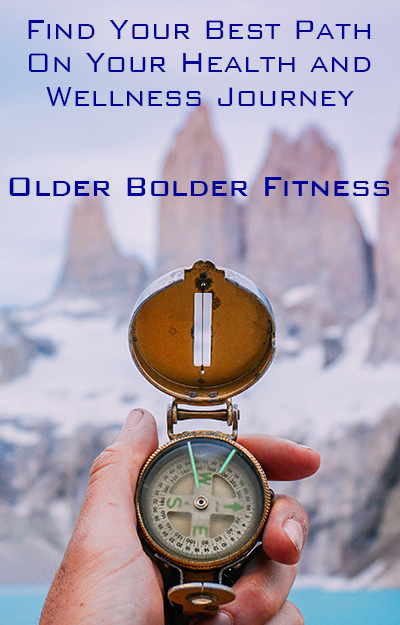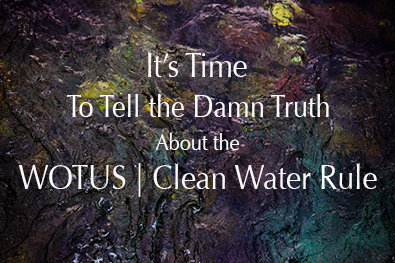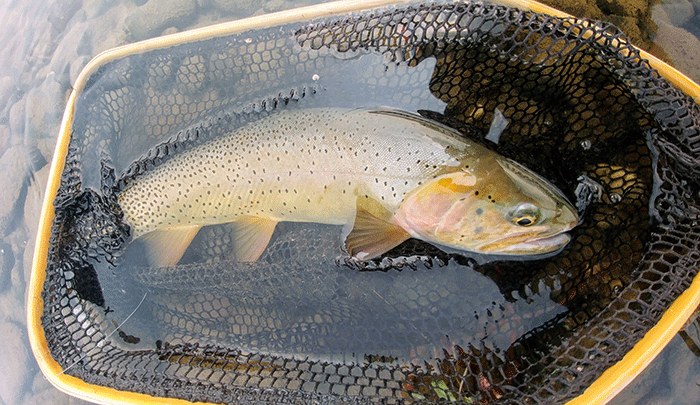
It’s my distinct pleasure to bring to our Chi Wulff friends today’s People of Fly Fishing interview with author Quinn Grover.
That name will ring a bell with longtime Chi Wulff readers as Quinn used to write with us a bit on Chi Wulff (see some of his previous CW works here); he and his family have lived, fished, worked, and played in Idaho as long as we’ve known him now for nearly a decade.
Quinn has just published a fine book – Wilderness of Hope: Fly Fishing and Public Lands in the American West – covering a number of topics near and dear to me and my family. I’ve asked him to share with us several thoughts about his fishing, his writing, and even a few tips on publishing in our questions today and tomorrow.
On Wednesday I’ll be posting more about his book, and we’ll be opening a giveaway that day as well.
Please tell us a bit about your fly fishing bona fides – what were your first exposures to fly fishing what kept you coming back for more?
I started fly fishing when I was in my early teens in the late 1980s early 1990s. I grew up in Utah and my father taught my brothers and I to cast in our backyard and he took us fishing on local rivers and small creeks. But I really fell in love with the sport in the backcountry. During my late teen years, I spent a lot of time backpacking and fishing backcountry lakes. Looking back, it’s clear to me that those experiences made me both a lifetime fly angler and a public lands advocate.
Please share what you like most about Idaho and your regional waters?
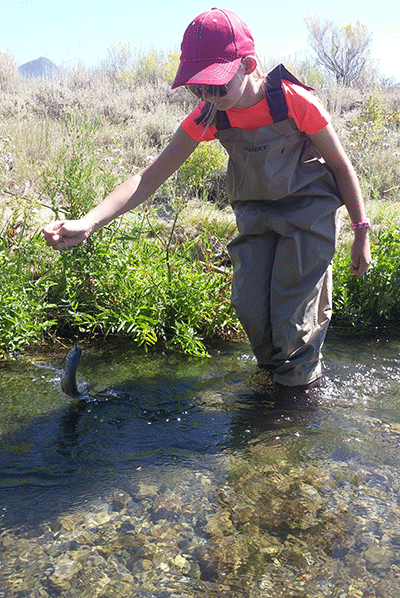 For me, the joy of fly fishing in the Northern Rocky Mountain West—and I would define that as Montana, Idaho, and Wyoming—is the combination of places to fish, the abundance of native and wild trout, and the region’s sheer beauty. The more time I spend fishing in the West, the more I find myself marveling at the places where fish in the West are located. I use to think that beauty in nature could only mean pine trees and mountains, but I have been converted by river canyons, high deserts, and agricultural valleys as well. And all of these places have cold water, public access, and wild trout. It’s tough to beat.
For me, the joy of fly fishing in the Northern Rocky Mountain West—and I would define that as Montana, Idaho, and Wyoming—is the combination of places to fish, the abundance of native and wild trout, and the region’s sheer beauty. The more time I spend fishing in the West, the more I find myself marveling at the places where fish in the West are located. I use to think that beauty in nature could only mean pine trees and mountains, but I have been converted by river canyons, high deserts, and agricultural valleys as well. And all of these places have cold water, public access, and wild trout. It’s tough to beat.
What in particular about your fly fishing journey was it that sparked the inspiration for Wilderness of Hope?
I have always been a reader. My mom instilled that in me because she always had a book she was reading and she was always willing to take her kids to the public library. At some point I started reading fly fishing magazines and my favorite part was always the back page essay. I remember reading Nick Lyons’ columns for Fly Fisherman magazine for years. That kind of grew into a love affair with essay collections from Lyons and others. So when I started writing about fly fishing in college, one thing that appealed to me was the idea of writing essays. Eventually, I had enough essays that I began to start thinking about how to make a book out of them. There wasn’t one moment of inspiration, but rather a long series of conversations with myself about what kind of book I should be writing and why and how.
Wilderness of Hope invests a fair amount of time and space digging into the aura of the public lands of the American West; what anchors your love for public lands?
When I was a kid my family was probably into motorcycles and four-wheelers more than fishing. That kind of activity really requires public lands. So I was aware of public lands from my youth and a lot of my childhood memories take place on public lands. The same can be said for all of my most meaningful fishing memories. I think that public lands have the potential to connect people to places and to each other in ways that are really important for our culture and the environment. I can’t imagine my life without the ability to camp, fish, or hike in public lands. And I don’t want to imagine the West without the large network of public lands linking the region together and connecting people to the land.
What do you consider your prime regional water and what about it keeps you coming back time after time?
There is an essay in the book called “Home Waters” where I spend some time thinking about this question. I am not sure how someone ends up connected to a specific river or lake and comes to think of fishing it as a return to a kind of home, but that has happened to me. For the past 15 years or so my home water has been the Henry’s Fork. I love dry fly fishing, wild trout, and a variety of water types and the Henry’s Fork has it all.
The second part of Quinn’s interview will post tomorrow…
